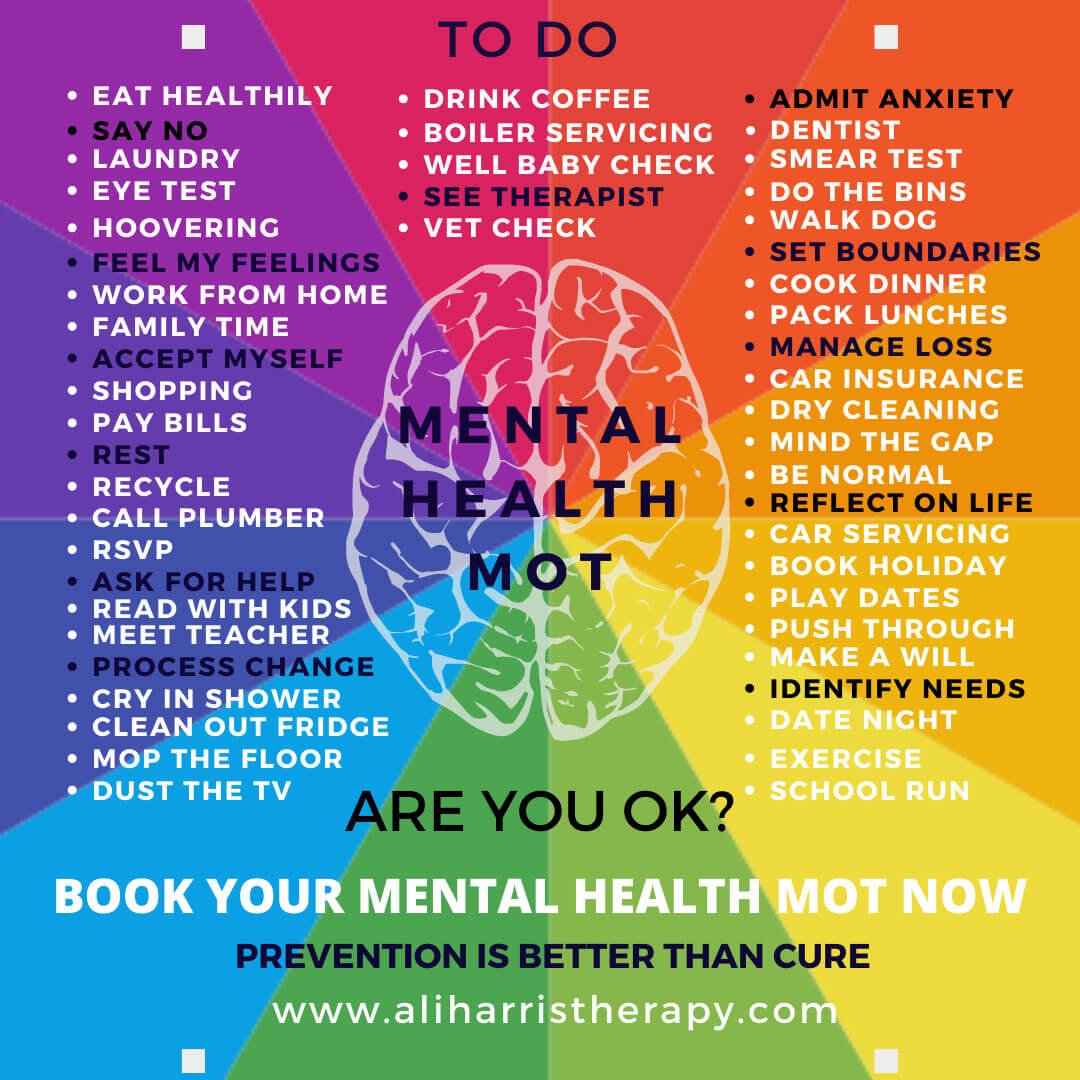What Does Atomic Behavioral Mean?
What Does Atomic Behavioral Mean?
Blog Article
The 6-Minute Rule for Atomic Behavioral
Table of ContentsAll about Atomic BehavioralAtomic Behavioral for BeginnersFacts About Atomic Behavioral RevealedThe Definitive Guide to Atomic BehavioralThe Best Strategy To Use For Atomic BehavioralLittle Known Questions About Atomic Behavioral.
This seems like something you might see while enjoying a Monster film. This is not terrifying at all. Actually, it is a non-invasive, risk-free and well-tolerated method of assisting you with signs such as depression. The Johns Hopkins Brain Excitement Program supplies solutions such as TMS. It resembles MRI makers.That coil sends magnetic pulses with your skull and to the part of the brain that regulates mood., the individuals using TMS showed a significant improvement compared to those that were given a sham treatment, or placebo treatment.
The Buzz on Atomic Behavioral
(https://www.cybo.com/US-biz/atomic-behavioral)It is reducing edge because it is much more lately confirming to be an important therapy for those experiencing from mental health conditions. It's a therapy making a huge comeback.
Matching hypnosis with traditional mental health therapies can be really secure and really useful. When you are hypnotized during treatment, you are simply taken to a heightened state of focus and self-awareness. Hypnotherapy can be useful for many conditions, consisting of anxiousness, anxiety, schizophrenia, obsessive-compulsive habits and even eating conditions and dependency.
No, not grand theft car kind computer game, however the ones that are tailored particularly to assist with mind training. This sort of training assists you discover just how to notice when you are shedding concentrate on a topic - how to get more patient referrals. It additionally helps you reign in your impulses and redouble on the task at hand
Some Known Facts About Atomic Behavioral.
Scientists claim this can help with interest deficiency problems. Since you have a summary of the sorts of psychological health and wellness therapy choices, you can identify which strategies fit your recovery procedure. Finding a great therapist that can clarify these methods in greater detail can help you in choosing which restorative course to take.
Material describes what you say throughout a treatment session, while process describes just how this details exists. By assessing both, your therapist can spot non-verbal ideas like hand gestures, breathing, and facial expressions that can include details concerning the feelings associated to what you're saying. Psychodynamic treatment is typically handy for these kinds of mental health problems: Stress and anxiety Depression Consuming disorders Material usage problems Injury Cognitive behavior modification (CBT) works to transform negative thought patterns by assisting you recognize believed distortionsirrational thoughts that cause inaccurate assumptions of your lifeand use problem-solving abilities or specific activities to deal with tough difficulties.

The Ultimate Guide To Atomic Behavioral
This subsequently boosts lifestyle. Individuals with PTSD frequently re-experience traumatic occasions in recalls, which can be drastically disruptive to everyday tasks. They might quit leaving their homes or stay clear of specific situations or stimulations that advise them of their trauma. While there's no study that states conclusively that EMDR is one of the most reliable form of treatment for treating PTSD, lots of researches show positive results consisting of far better results when compared with cognitive behavior modification.
Humanistic treatment focuses on the whole individual and our inner motivation to prosper. It might appear comparable to the work you may perform with a life coach, but remember that a trainer and a mental health and wellness specialist concentrate on your psychological health in various means. There are numerous various strategies to humanistic treatment, including the following: In this approach the therapist uses energetic paying attention to recognize and support the customer as they share their thoughts and sensations.
The Single Strategy To Use For Atomic Behavioral
This approach concentrates on assisting people comprehend their area in the world and just how to resolve the challenges we confront as people.

You'll likely locate that many therapists use various strategies in their job. If the initial specialist you satisfy doesn't really feel right, don't give up. Also if therapy does not really feel best or comfy with one therapist, that doesn't imply treatment will not function well with another. Here are some things to consider when searching for a specialist: You may choose to see a therapist that is around your age and that you really feel will have the life experience to understand or assist you with your problems.
What Does Atomic Behavioral Mean?
LCSWs concentrate on just how social factors influence their people. These can include family, various other relationships, and social systems affected by socioeconomic status, race, course, society, and more. Psycho therapists have a doctorate level and research study human thoughts, feelings, and actions. They stress the influence that advancement, social communications, and our setting have on our habits and feelings (compassion fatigue in therapists).
Report this page